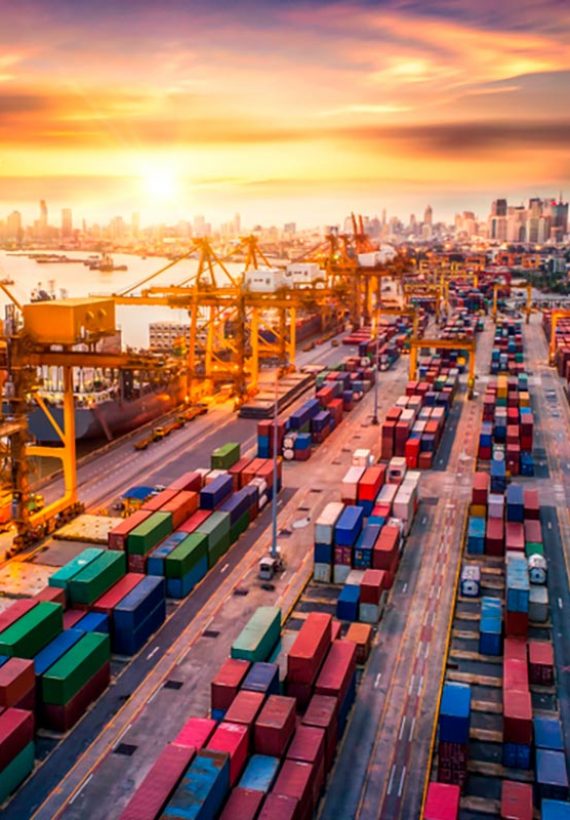Responding to the COVID-19 pandemic placed unprecedented pressure on global supply chains, necessitating implementing safe and streamlined procedures by government agencies, leveraging new technologies, and engaging in unprecedented coordination efforts with other government authorities and the private sector. From this transformational experience, valuable lessons have been derived that must be thoroughly addressed and maintained.
Seamless markets and the ability of businesses and trade to work smoothly between geographic boundaries are vital drivers of livelihood improvements, production growth, and expansion of opportunity for businesses and individuals in the region. This means building the infrastructure, logistics networks and services, and digital links needed to connect markets. But it also means standardizing and harmonizing regulations across countries to make trade more accessible and streamlining customs processes to enable an efficient flow of goods and services between borders.
As we advance, the challenge is balancing compliance and trade facilitation for a strong recovery, for a public-private partnership is required. In this new business model, it is necessary to bring down trade transaction costs, which are highest in developing countries. SMBs are affected disproportionately by these costs because they often lack the means and capacity to comply with customs and border procedures.
In this context, the Trade Facilitation Working Group focus on best practices for trade facilitation policies, best practices to empower MSMEs through digital trade, the development of instruments for a more inclusive trade in the Americas, and its participation in regional and global value chains.
Chair(s):


